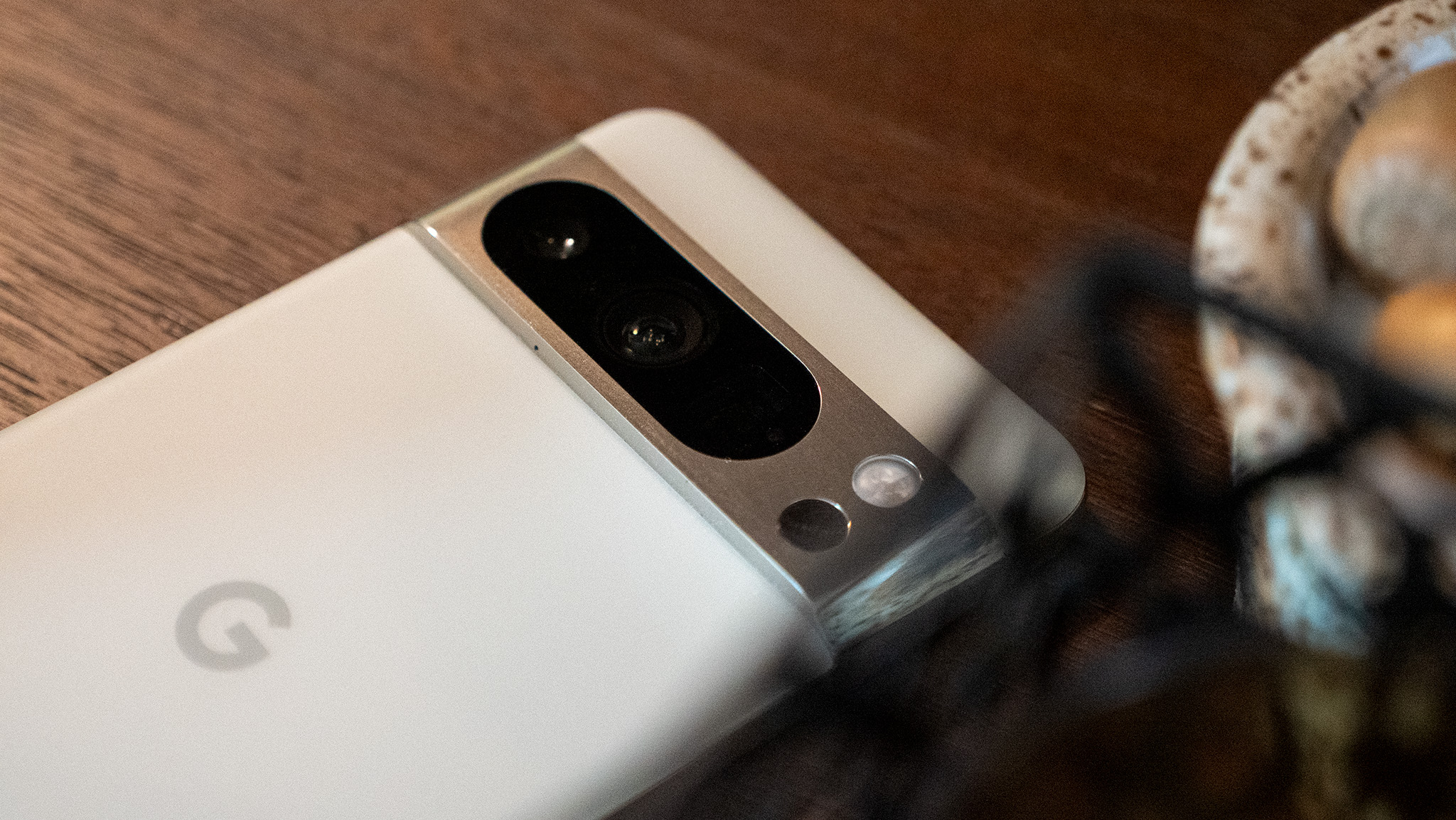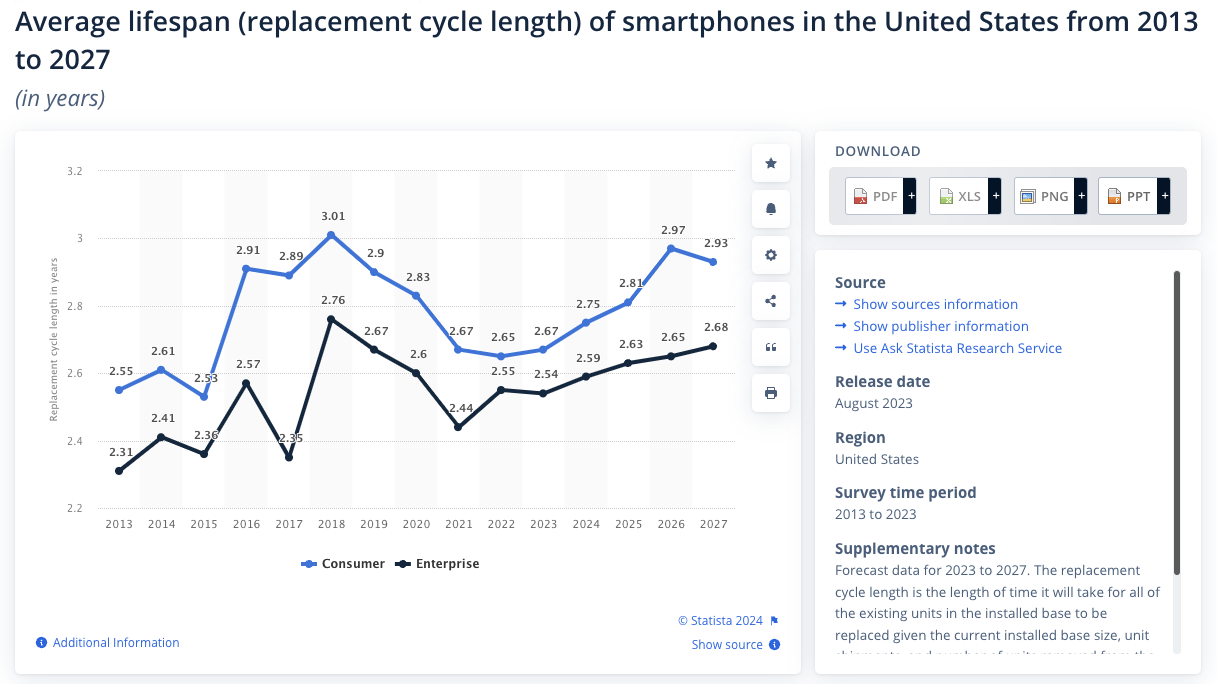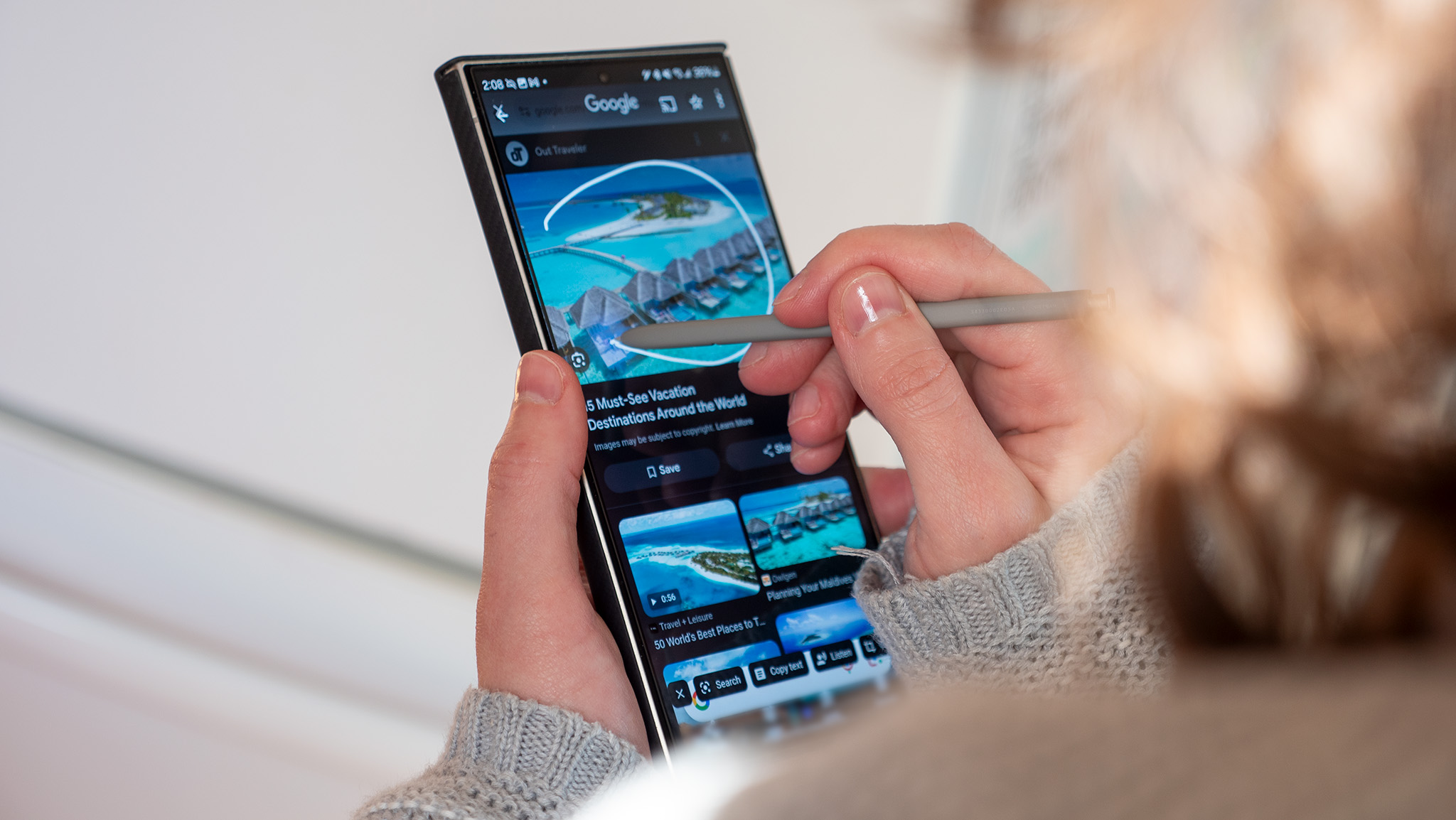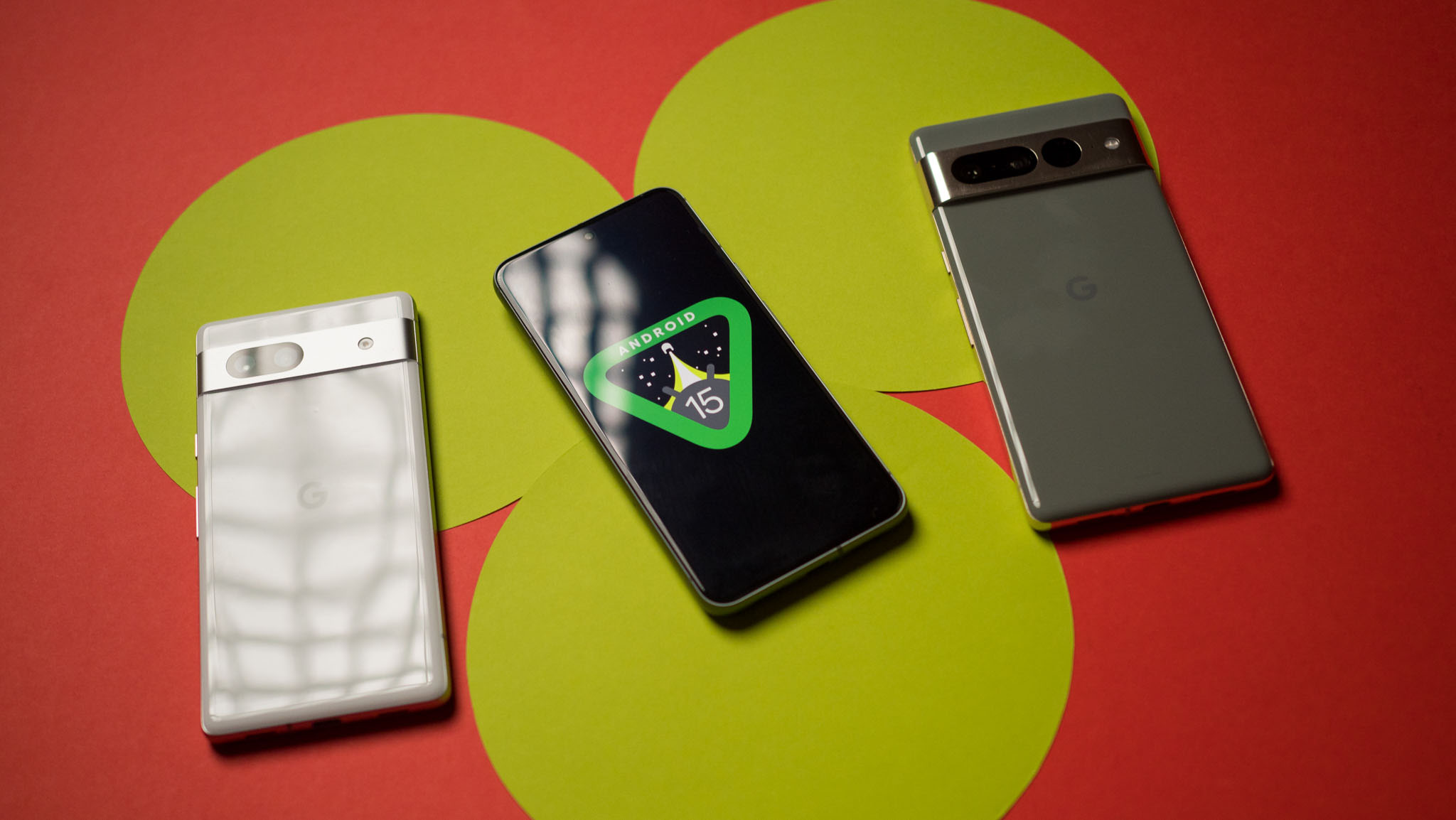Why the hell would Google promise seven years of updates?
Who knows what Android will even look like in 2031?


Beyond the Alphabet is a weekly column that focuses on the tech world both inside and out of the confines of Mountain View.
Apple recently settled a class action suit in British Columbia, Canada, for slowing down older iPhone models with software updates, a case that wasn't all that different from a similar lawsuit that was settled in the U.S. last summer. However, it got me thinking about how Google revealed that it would offer seven years of software updates for the Pixel 8, and now I wonder if Google may eventually go down the same road as Apple.
Without admitting anything nefarious, Apple claimed this was being done with devices ranging from the iPhone 6 up to the iPhone XS Max. By slowing down certain models, Apple maintains that the goal is to ensure that your device "operates as designed and internal components are protected." Of course, Apple got its hands caught in the cookie jar, but I can't help but feel that history will repeat itself, just on the Pixel side of things.
A few of us have already written about what we think about Google's promised plans when it comes to Pixel software updates. While I'm still a fan of the move and think Google should've led the initial charge, I can't shake the idea that it doesn't really matter in the long run, and here's why.

First, how many people actually keep the same phone for seven years? A report by Statista published in August 2023 revealed that the "average lifespan (replacement cycle length)" of smartphone ownership is a little less than three years. And that's just for the consumer side of things, as the average drops even lower for the enterprise market.
Maybe Google was doing the right thing all along with its three years of Android OS upgrades and five years of security patches. Perhaps Google folded to the optics of Samsung and Apple offering longer software support for its devices. Then again, maybe not, and Google was just waiting to get its Tensor SoC in a "good place," which seems to be the case with the Tensor G3.
From the outside looking in, seeing a company like Fairphone offer eight years of software support, paired with a five-year warranty, doesn't look great for Google, comparatively. The immediate counter to this is that Fairphone doesn't sell nearly as many phones as the Pixel, let alone Samsung or Apple.
Fairphone stands out from the pack, in more ways than just making their phones easy to repair.
This affords Fairphone a few luxuries in terms of flexibility that even a giant corporation like Google doesn't have towards a particularly niche audience. Fairphone also serves a different subset of users; those who want a phone that they can repair and don't have to worry about too many additional headaches.
Get the latest news from Android Central, your trusted companion in the world of Android
The second point that I wanted to touch on is Android itself. Have we reached a state of software stagnation? All of the "cool" and "new" features shown off at I/O for the past few years have largely been boring, except for the more technical users. The exception to this comes in the form of the various AI options that are being added.

Circle to Search is incredibly useful when I remember it's there. Not to mention the various camera features that are making us question whether a picture you take with your phone is actually real or not. Samsung even went the extra mile with its implementation of AI on the Galaxy S24 with things like Live Translate, Chat Assist, and more.
But, outside of the Generative AI wallpapers paired with on-device theming, not much else has changed in terms of what you can do on Android. Well, besides Google slowly locking down AOSP and creating a walled garden of its own.
I have to wonder what Android will look like seven years from now. Google is already locking features to certain devices, which makes sense when comparing the Pixel 7a and Pixel 8. However, it becomes a frustration when comparing the Pixel Fold and Pixel 8 Pro.

I don't have the technical acumen needed to explain why these decisions were made. And it's not like Google is just coming out and properly telling everyone why. The whole charade makes me feel as though this is just the "new norm," and letting people complain without actually giving a crap.
Maybe that's the point of it all. Fundamentally speaking, there really isn't much that needs to be changed in Android. It's not perfect by any means, but the platform has kind of peaked already. If you don't believe me, just try and find the differences between Android 13 and Android 14. You won't find many.
Before you run to the comments to tell me all about how none of this actually matters, that's the point. If it doesn't matter, why make an announcement? I mean, can you imagine what would happen if the Galaxy S8 was running One UI 6 with Android 14? It seems very likely that Android on the Pixel 8 in 2030 will probably run like a steaming pile of TouchWiz.
Nothing Google has done has suggested otherwise, besides saying "Hey, look at us! We're promising long software support," without really telling us what that means.
Not to mention, there's a good chance that the best phones of 2024, likely won't be able to withstand the rigors of daily life for eight years. If you need evidence of that, just check out what happened to Namerah's Pixel 6, or Nick's Pixel 7 Pro.
OnePlus seems to be the only company not willing to follow Google, Samsung, and Apple.
Kinder Liu, OnePlus president and COO, was recently asked about why the OnePlus 12 was "only" getting five years of updates, instead of following in Google's and Samsung's footsteps.
Arguably, this single quote sums everything up and puts a little bow on my thoughts:
"Imagine your phone is a sandwich. Some manufacturers are now saying that the filling in their sandwich — their phone's software — will still be good to eat in seven years' time. But what they're not telling you is that the bread in the sandwich — the user experience — might be moldy after four years. Suddenly a seven-year software update policy doesn't matter, because the rest of your experience with the phone is terrible."
OnePlus is hardly the model citizen when it comes to software updates. But, I admire the thought and unwillingness to "follow the trend" when it's obvious that it won't end well for anyone.

Andrew Myrick is a Senior Editor at Android Central. He enjoys everything to do with technology, including tablets, smartphones, and everything in between. Perhaps his favorite past-time is collecting different headphones, even if they all end up in the same drawer.
You must confirm your public display name before commenting
Please logout and then login again, you will then be prompted to enter your display name.
